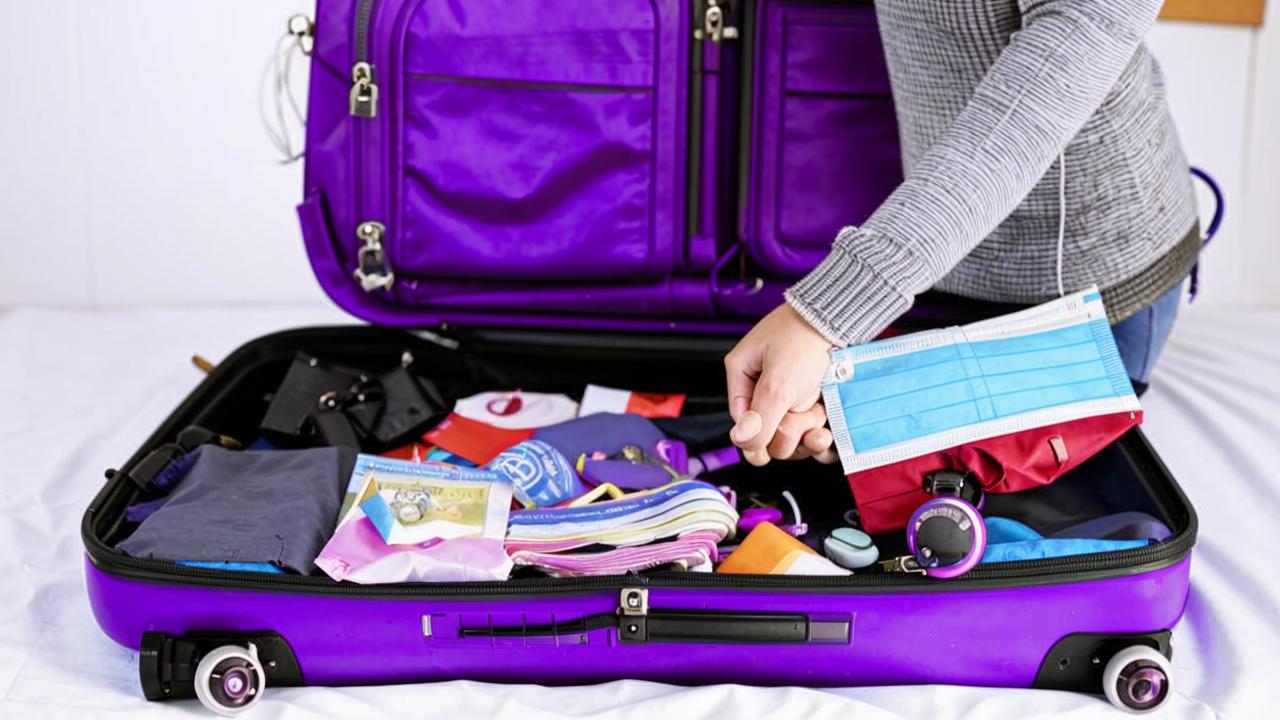
doctor, Ph.
“Warm time is the time of active moves and travel, including for vacations in hot regions. At the same time, such travels create a load on the body. This is especially noticeable in the first days of vacation, when the process of adaptation to the conditions of the new climate. What are the symptoms of acclimatization and what actions to take to make it as easy and painless as possible?”
Signs of acclimatization
The main feature of acclimatization is that its symptoms resemble a mild cold or poisoning. A person may experience fever, runny nose, sore throat, nausea and diarrhea, sleep disturbances, rapid fatigue, loss of appetite, and dizziness.
Moreover, these symptoms can occur in any order – the presence of one does not necessarily mean that you will encounter others. In most cases, they do not carry a serious threat to health, but the impression of the first days of vacation can spoil the impression.
To get rid of them, people tend to take pills and use self-medication methods. This is due to ignorance of the process of acclimatization and its symptoms, which can have adverse consequences.
It is important to know what the form of acclimatization in a person depends on. Since each person’s body has individual characteristics, acclimatization can also occur in different ways: for some – in a lighter form, for others – in a more severe form.

Besides biological individuality (immunity, age), there are many other factors that influence the course of acclimatization. For example, lifestyle, sports activities, which also affect the health of a person, and thus his adaptation to new environmental conditions.
You should also take into account the presence of chronic diseases, which may require a more careful and attentive approach to changes in your well-being.
How to ease acclimatization
In order to help your body with acclimatization, it is important to follow general and simple rules:
- Start preparing for your trip in advance: try to rest more and get a good night’s sleep, if possible do not burden your body with intensive training, alcohol and heavy meals.
- If you suffer from chronic diseases and regularly take medications, it is not unreasonable to see a doctor. Tell him/her where you are going and for how long, and ask if your treatment needs to be adjusted in any way for this period. For some tropical destinations, the doctor may also recommend vaccination. And although this issue has nothing to do with acclimatization, it is better not to neglect the recommendation.
- Prepare your skin for the southern sun: try to get a little tan beforehand, so that you do not get sunburn in the first days of your vacation. Already on the spot try not to be in the sun at its peak (from 11 to 15 hours). And, of course, it is worth stocking up on sunscreen with high SPF – it will provide your skin with the protection it needs.
- Don’t get too excited when you’re moving/traveling. Yes, the beginning of the long-awaited vacation would like to celebrate with a bang, but, for example, if on arrival at the place the body will already be weakened by alcohol, then acclimatization will go longer and harder. It is much more advisable at the initial stage of the trip to drink more water to prevent dehydration.
- Refrain from too active rest for the first few days. It is understandable that you want to try and see a lot of things, but it is better to give your body a little respite so that it can calmly adapt to the new conditions. Good options will be a lazy beach vacation (but remember the danger of the afternoon sun!) or short excursions that do not require a lot of physical activity. But multi-day safaris, hiking in nature reserves, climbing mountains or scuba diving should be postponed to the middle of the trip, when acclimatization will already be passed.
- At the beginning of the vacation should also refuse tasting unfamiliar/exotic dishes. While the body is in a weakened state, the reaction to them can be at least digestive upset.

What to do if unpleasant symptoms of acclimatization still appear
To combat unpleasant symptoms of acclimatization, you can use various symptomatic remedies that will make you feel better, but at the same time do not create a serious additional burden on the body.
For digestive disorders you can take enterosorbents. From insomnia caused by the change of time zones, melatonin will help.
With a sore throat, often occurring with a sudden change of climate, antiseptic local remedies, which are available in the form of tablets for resorption, lozenges and lozenges.
By the way, it should be noted here that some of them act on the principle of “two in one”: contribute to the relief of sore throat and nasal congestion. There are also products for sore throat with vitamin C, which has a powerful antioxidant and restorative effect.

Keep all medicines and medications in their original packaging, check expiration dates and monitor storage conditions.
It is important to remember that you should consult a medical professional or pharmacist before starting any medications or supplements to alleviate acclimatization symptoms, especially if you have any chronic conditions or are taking other medications.
These measures are usually sufficient to ensure that the acclimatization process does not cause serious discomfort. However, if the condition does not improve or symptoms persist for more than a week (in an adult), you should consult a doctor.





